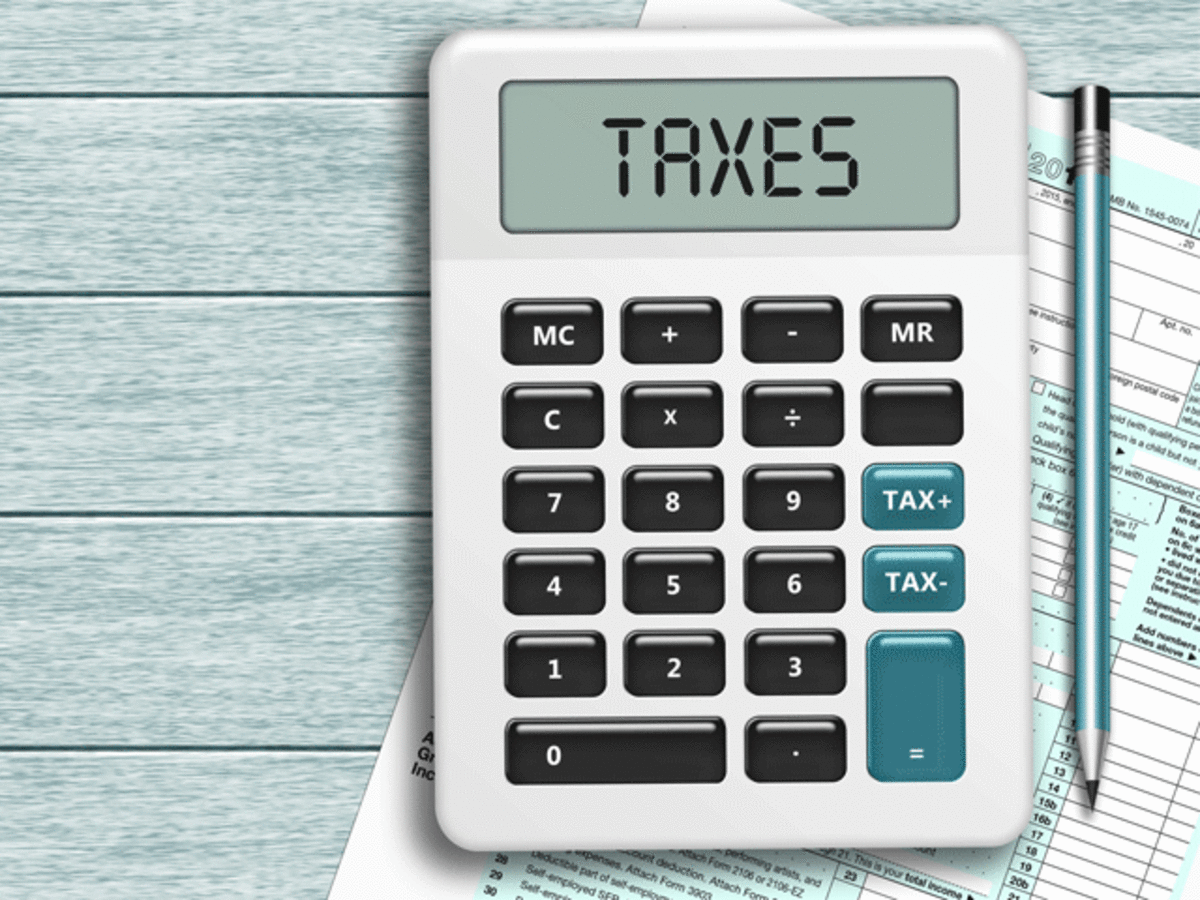The management of value added tax (VAT) is a precision mechanism that is normally well managed by accounting services. However, there are so many exceptions and special rules that it is not always easy to navigate, especially for business trips. By wanting to be too conservative and not take risks, we can miss a significant amount of recoverable VAT that the company could have declared. Conversely, being too careless can lead to serious consequences in the event of an audit by the tax administration. To find the right balance, follow the guide to recoverable VAT.
VAT: back to basics
VAT is a tax borne by the final consumer which is based on businesses. Indeed, the latter are responsible for collecting VAT during purchase and sale in order to return the surplus to the State. In general, the vast majority of services contain a VAT rate which may vary according to the products or the offers.
Deductible VAT is that which is paid by the company during its purchases. The VAT collected is the VAT that the company invoices to its customers, which can be companies or individuals. It is the difference between the two that constitutes the amount of VAT to be remitted to the tax authorities (or which makes it possible to request a refund as part of a VAT credit). Using the tax return calculator this comes perfect now.
- Recovering VAT on your purchases is therefore an important step in managing your cash flow properly, but it can only be done on three conditions:
- The purchase must relate to the operating needs of the business. Recovering VAT on personal expenses is prohibited.
- Recoverable (or deductible) VAT must not be covered by an exclusion measure provided for by the general tax code, as is the case for certain travel expenses.
The purchase must be justified by an invoice which must include all the mandatory information in force, such as the identification of the parties, the detail of the product or the offer, the date, the total excluding tax, the rate and the amount of VAT, total including VAT, etc.
The case of expense reports: how to recover VAT?
In general, most expenses related to expense reports are eligible for VAT recovery, with the exception of two main items: accommodation and travel.
Housing expenses
Are your employees staying in a hotel for a trip and you want to recover the VAT spent? Too bad, it will not be possible. The tax code excludes from the deduction of VAT, the housing costs of employees and managers, whatever the reason. Thus, all hotel expenses, even if they are duly justified by a business trip, cannot be subject to VAT recovery.




